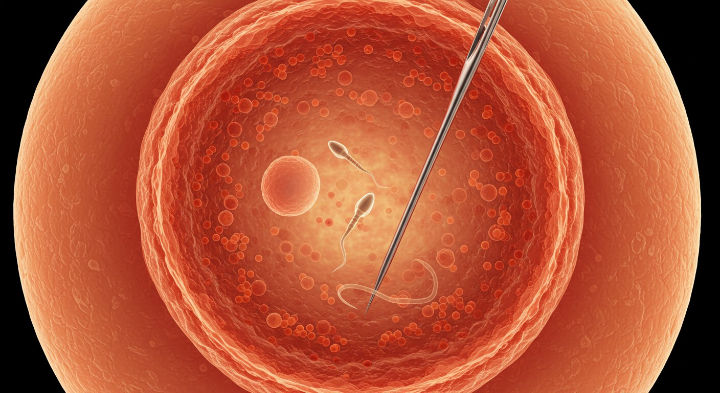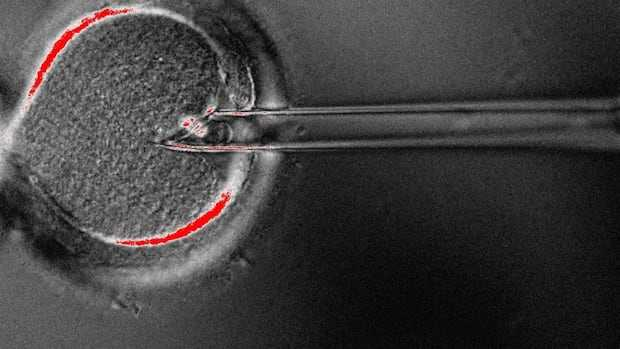UK Milestone: 8 Healthy Babies Born with Three-Parent DNA in IVF Trial to Prevent Mitochondrial Disease
- Jul 18, 2025
- 2 min read
Updated: Jul 31, 2025

In an unprecedented medical breakthrough, eight healthy babies have been born in the United Kingdom using an innovative IVF (In Vitro Fertilization) technique that incorporates DNA from three people, designed to minimize the risk of inheriting devastating genetic diseases. The results of this global trial, published in the New England Journal of Medicine, offer new hope to women with mutations in their mitochondrial DNA.
Mitochondrial diseases, affecting approximately one in 5,000 births, are incurable and can cause severe symptoms such as poor vision, diabetes, muscle weakness, organ failure, and even death in infancy. The technique, approved by the UK in 2015 as the first country to do so, involves using a small amount of healthy mitochondrial DNA from a donor, along with the mother's egg and the father's sperm. Although they have been called "three-parent babies," researchers emphasize that only about 0.1% of the newborn's DNA comes from the donor, an insignificant amount that does not affect the child's main traits.
The trial, conducted at the Newcastle Fertility Centre, resulted in the birth of four boys and four girls, whose ages range from under six months to over two years. The research demonstrated that the amount of mutated mitochondrial DNA was reduced by 95% to 100% in six babies and by 77% to 88% in the other two, levels considered below the threshold that causes the disease. All children are currently healthy and meeting their developmental milestones. While a "reversal" phenomenon was observed in three children, where the proportion of abnormal mitochondria increased post-birth, it remains at safe levels and requires further study.
Despite being hailed as a "major breakthrough," the procedure remains controversial. Countries like the United States and France have not approved it, and ethical concerns persist regarding the destruction of human embryos and the fear of opening the door to genetically modified "designer babies." However, British experts emphasize that the technique is strictly regulated and limited to cases of "very high risk" of mitochondrial disease transmission, with its benefit being "obvious" in this context. The health of the babies will continue to be monitored in the coming years to ensure their long-term well-being.












Four years ago, my husband was diagnosed with IPF (Idiopathic Pulmonary Fibrosis), a moment that changed our lives significantly. For more than two years, he followed his prescribed medications and attended regular medical checkups. Despite this, his symptoms persisted, and we remained concerned about his overall health. He struggled with low energy, frequent discomfort, and the emotional stress that came with ongoing uncertainty.In search of additional support, we decided last year to explore a herbal treatment program offered by NaturePath Herbal Clinic. We approached it cautiously and without high expectations. Over time, however, we began to notice encouraging changes. His tiredness eased, his digestion became more stable, and he appeared stronger and more at ease overall. Little by little, his…